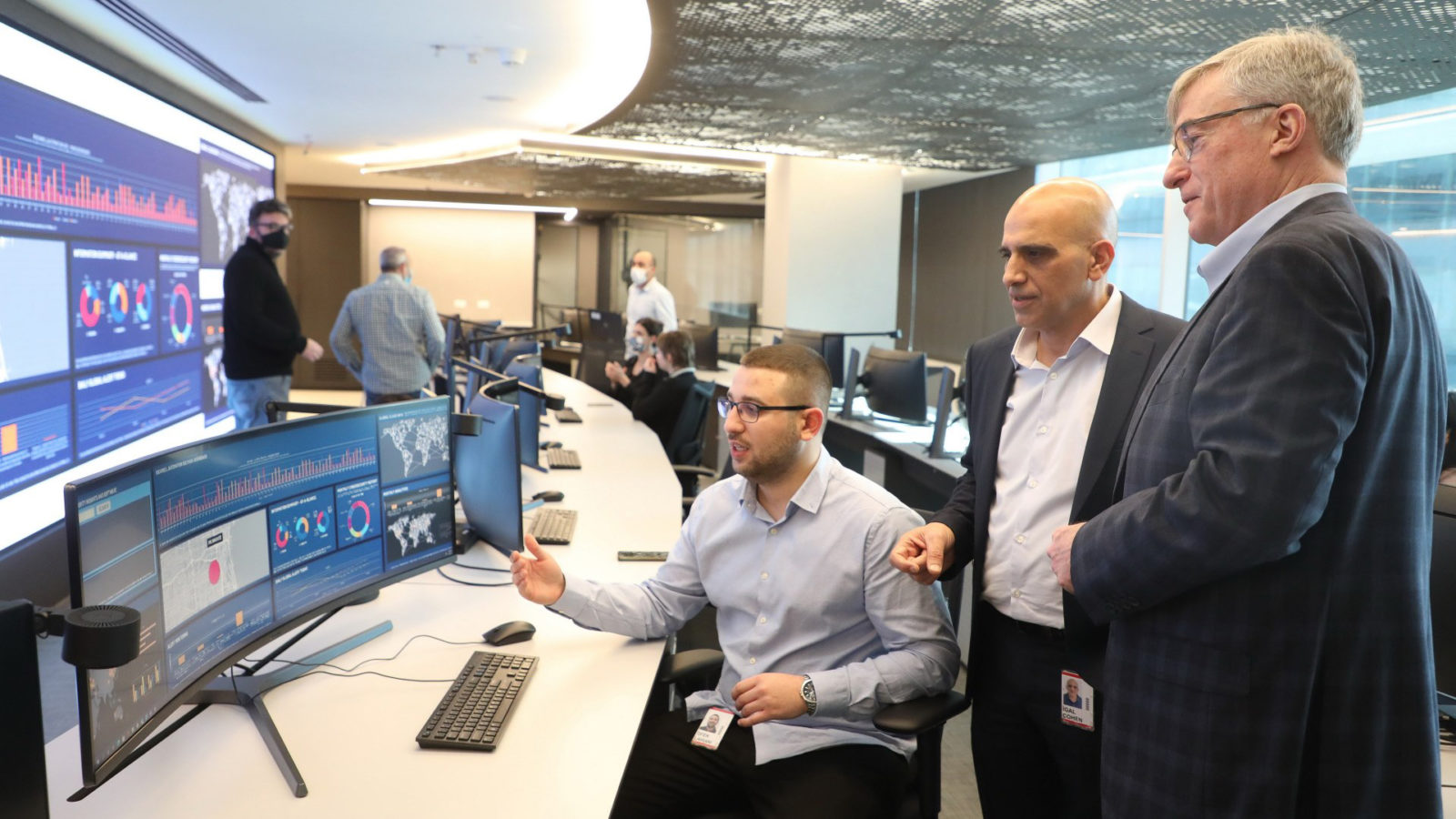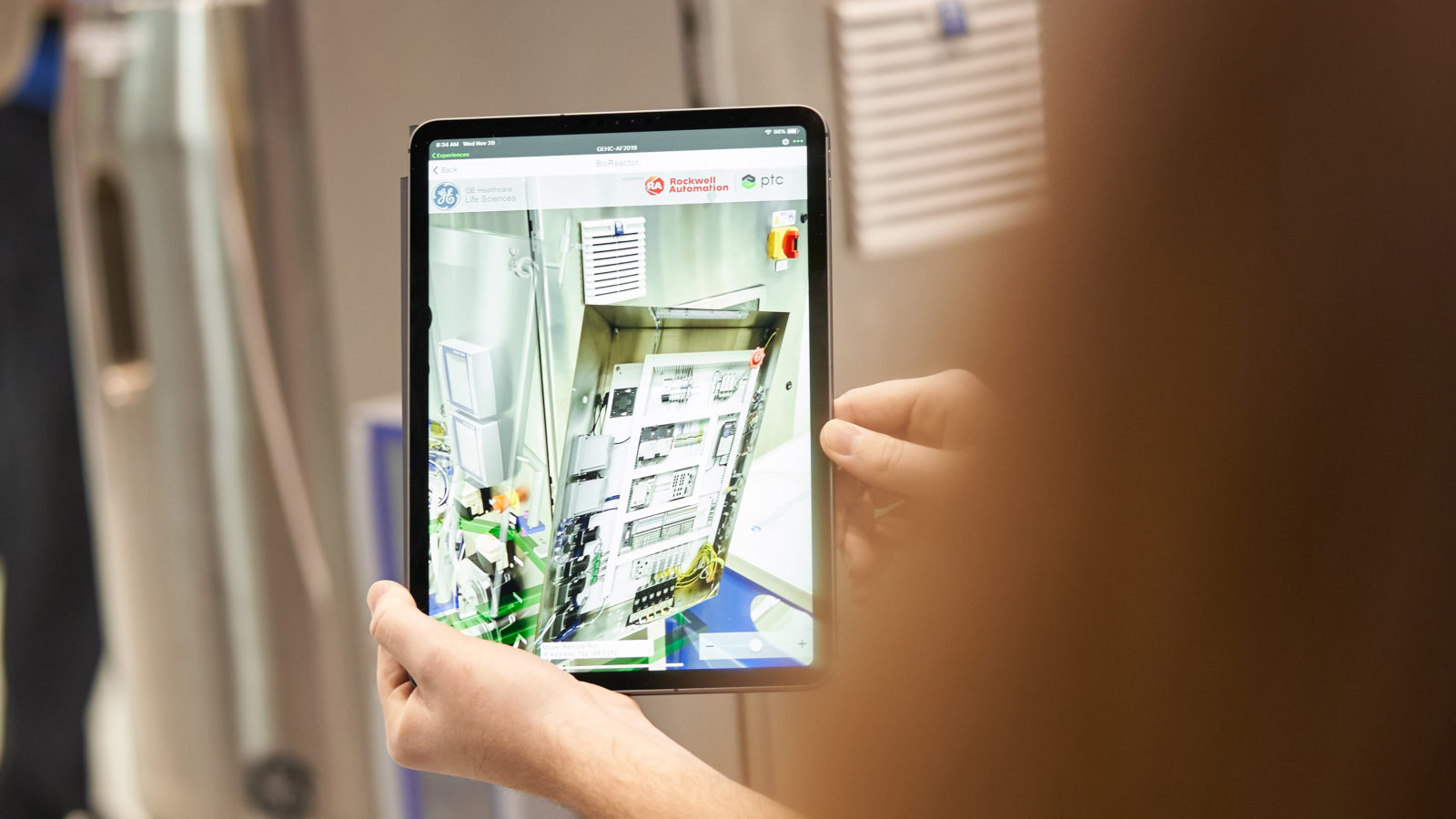Improving quality is the priority for manufacturers considering adoption of AI, says one of the findings from a global study commissioned by Rockwell Automation. The respondents said that the biggest internal obstacle they face is balancing profitable growth and quality, and they believe that this is creating a need to accelerate the digital transformation in their organisations.
Quality (closed-loop control and in-line inspection) topped the list ahead of automation, forecasting, tracking and compliance as the primary application for AI.

The global study surveyed more than 1,350 respondents from 13 countries, including several in Europe, such as the United Kingdom, France, Italy, and Germany. It was conducted by Rockwell Automation in association with Sapio Research and Plex Systems.
The three external forces that have dampened growth in 2022 were thought to be inflation, the pandemic, and supply chain disruption. Looking ahead to 2023, participants expect the impact of the pandemic to wane, while inflationary pressures are set to rise. These findings point to the necessity of making strategic investments in technology to counter the economic squeeze.
Technology identified as top response for mitigating risk
- Adopting new technologies
- Shift to the cloud
- Finding new suppliers or alternative materials
- Digitising business through software adoption and automation
- Automation and tracking
- Ensuring data accuracy for reporting and decision-making
- Managing cyber risks

Technology and the workforce
Eighty-four percent of respondents have adopted smart manufacturing or are actively evaluating solutions with the intention to invest in the coming year and this will impact the workforce, with eighty-nine percent expecting to maintain or grow employment as a result of technology adoption.
This is interesting as it suggests that far from replacing workers, the technology requires the workforce to be up-skilled with many manufacturers citing skilled labour as a top concern in relation to competitiveness.
Additionally, soft skills such as communication and collaboration were rated above knowledge of smart technology.
Switch in focus over sustainability
Last year, fostering a collaborative environment was considered the driving factor for pursuing sustainability and ESG policies. This has evolved with ‘improving efficiencies’ now the top reason for sustainability. This shift means that sustainability is now recognized for its operational improvement capabilities and impact on the bottom line along with the positive social impact.
All of the responses revealed the growing attention on the “circular economy,” which is based on eliminating waste and pollution by designing products and processes to maximize efficiencies and extend product life with a particular focus on repair and reuse.
In conclusion
The report provides a number of recommendations for companies planning a technology adoption roadmap.
- Identify – information gaps, key stakeholders, operational challenges
- Build – create the case for investment, what ROI is expected, what are the risks, how time-to-value equates to value creation
- Research – investigate the solutions and review their potential contribution
- Design – select an implementation partner, engage with stakeholders
- Manage – introduce measurement against objectives, adopt culture change
“Manufacturers expect to mitigate risk through technology, tighter processes, and people to build resiliency and drive future success,” according to Sachin Mathur, director of software and control, EMEA, Rockwell Automation, a global leader in industrial automation and digital transformation. “We hope industry finds the report useful in benchmarking their organizations and as a catalyst for taking action to drive transformation that will deliver differentiated business outcomes in your industry.”
Read the full report: State of Smart Manufacturing 8th Annual Study.
Balancing skills and technology in innovation management is one of the track of the 2023 R&D Management Conference.

